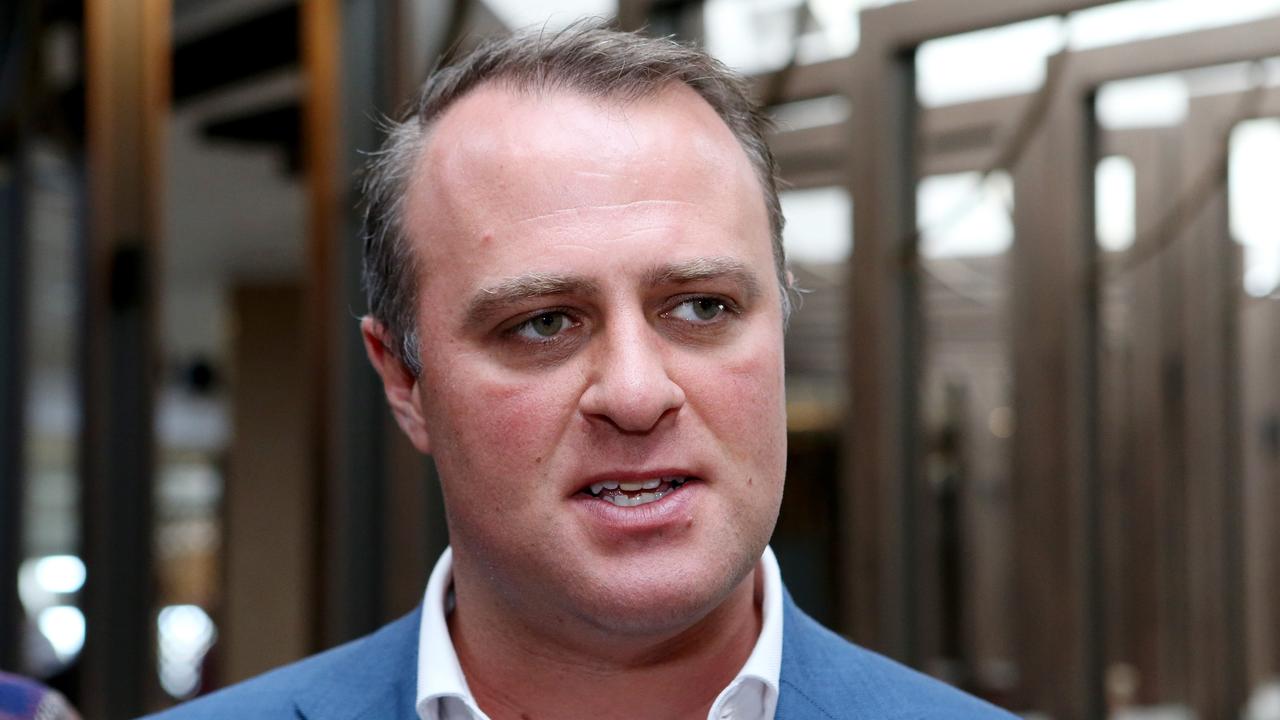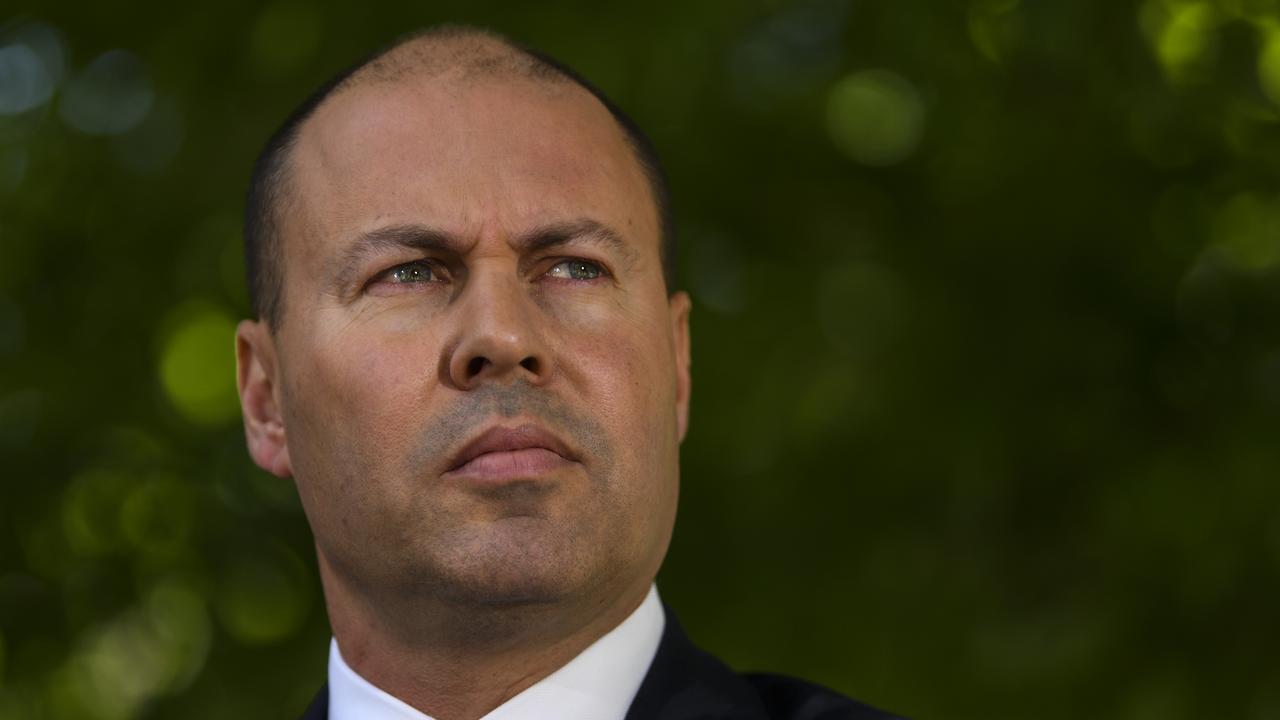No tax payable for large Australian and foreign companies
More than a third of large Australian and foreign companies are still not paying a cent in company tax.

More than one-third of large Australian and foreign companies are still not paying a cent in company tax, including household names Goldman Sachs, Chevron and Atlassian, new data shows.
Australian Taxation Office data shows other companies that paid no Australian company tax in 2015-16 included giant defence contractors BAE Systems and Halliburton, along with James Packer-backed bookie Crownbet and Viagra maker Pfizer.
While the resources sector had the highest ratio of non-payers — 60 per cent — some finance sector players also recorded clean sheets including investment bank JPMorgan, big four accounting firm PwC and French bank Societe Generale.
The ATO played down the figures, saying between 20 and 30 per cent of publicly listed firms make a loss in any given year and new measures cracking down on tech giants and other multinationals were yet to show up in the figures. “In the last financial year we issued more than $4 billion in amended assessments relating to prior years to public groups and multinationals, and we have already issued a further $1bn in amended assessments this financial year. “These amounts are not reflected in the corporate tax transparency data,” deputy tax commissioner Jeremy Hirschhorn said.
The data captures about 1700 Australian public companies and multinationals with revenue of more than $100 million plus another 350 private companies with revenue of more than $200m.
Together, the tax they paid represented about 60 per cent of corporate tax paid in 2015-16. Total tax paid by the group in 2015-16 fell by $3.6bn, or 8.7 per cent, to $38.2bn.
“By far the biggest thing to draw out of the data is just how big an impact commodity prices, in particular iron ore and coal, have on the corporate tax take,” Mr Hirschhorn said. “That’s actually really big, because Australia’s got a higher reliance on corporate tax as a percentage of GDP than pretty much any other country.”
This meant the movement in tax paid by two or three large companies explained almost all the fall seen in tax paid, he said.
He said changes in the behaviour of technology multinationals caused by the new Multinational Anti Avoidance Law and the Diverted Profits Tax — the so-called “Google tax” — were not reflected in the statistics but would be seen when those for the 2016-17 and 2017-18 tax years are published.
The figures show why the ATO has focused much of its firepower on the oil and gas sector, where many companies are in loss because they have pumped billions of dollars into developing megaprojects.
More than 60 per cent of energy and resources companies represented in the data paid no tax in 2015-16, up slightly from the previous year. “It’ll be a few years for them to start paying tax — even doing everything right they’ll be paying tax in the early 2020s,” Mr Hirschhorn said.
Labor called on the government to drops plans to cut company tax after the ATO released the third annual batch of “tax transparency” data, showing 36 per cent of the 2000 largest companies by income paid no company tax in 2015-16.
Deputy Labor Treasury spokesman Andrew Leigh said the government should do more to crack down on tax avoidance: “The only reason we know 36 per cent of companies failed to pay any tax is because of Labor’s tax transparency laws, which passed parliament in 2013 amid objections from the Coalition.”



To join the conversation, please log in. Don't have an account? Register
Join the conversation, you are commenting as Logout